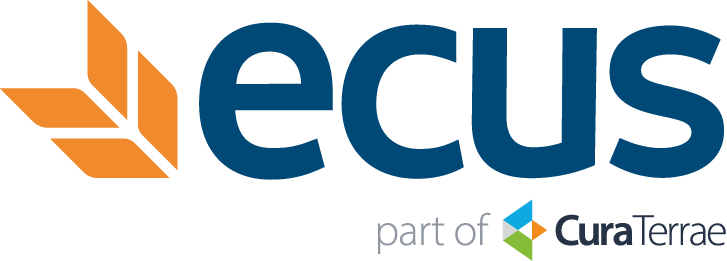What is geophysics?
Geophysics is the science of studying the physical properties of the Earth, discovering what lies beneath the surface, and the use of mathematical models to make predictions.
Archaeological geophysical surveys provide a non-intrusive method for assessing the archaeological potential of sites. Techniques can reveal information about the materials, features or deposits underlying a site, and provide evidence of human interaction within the landscape.
How does geophysics work?
One geophysics technique involves magnetometry – the study of the Earth’s geomagnetic field. This is particularly useful in archaeology because it measures the effects of buried materials on the geomagnetic field. This allows us to visualise what is buried underneath a defined area of land to better inform an excavation strategy. We can pick up on the presence of buried objects, pits, ditches, or building foundations – anywhere the earth has been disturbed can give a background magnetic response.
Earth Resistance surveys use electrodes to pass an electrical current through the earth to measure the ability of the near-surface to resist it. This determination of the conductivity of the soil can help to map buried features.
Another technique uses Ground Penetrating Radar (GPR). We use antennae that shoot pulses of electromagnetic waves into the soil and measure how quickly they bounce back. If the waves encounter objects or disturbances in the subsurface, they bounce back at different speeds. These tiny variations are recorded by software as data, and our geophysicists interpret it to create a visualisation of what is beneath the earth.
When do we need geophysics?
If you think you may need archaeological excavation on land you are developing, incorporating a geophysical survey could be beneficial. Our surveys can help to identify areas of land where archaeological finds are more likely, and therefore, make areas for excavation more focussed. This can save you money and time in the long run.
Geophysics surveys are not always needed. The topography of the landscape can interfere with the survey techniques. Areas with lots of trees can interfere with our equipment because tree roots remove lots of water from the ground, which inhibits the soil’s ability to conduct our signals.
Our trained geophysicists are able to advise which areas of land are more suitable for geophysical surveys. This means that you can avoid unnecessary surveying costs.
Our geophysics services
Ecus now has fully trained archaeological geophysical survey staff, with the knowledge and experience in-house to meet all your survey needs. Having the equipment, staff and knowledge in-house means that our services are more efficient, affordable and available. These improvements mean that we can work collaboratively across our multi-disciplinary teams and our survey services perfectly complement other areas, such as those covered by our heritage teams. This broadened integration means your projects will run more smoothly, and our services can feed in at strategic points.
To find out more about our archaeological services contact contactus@ecusltd.co.uk.





